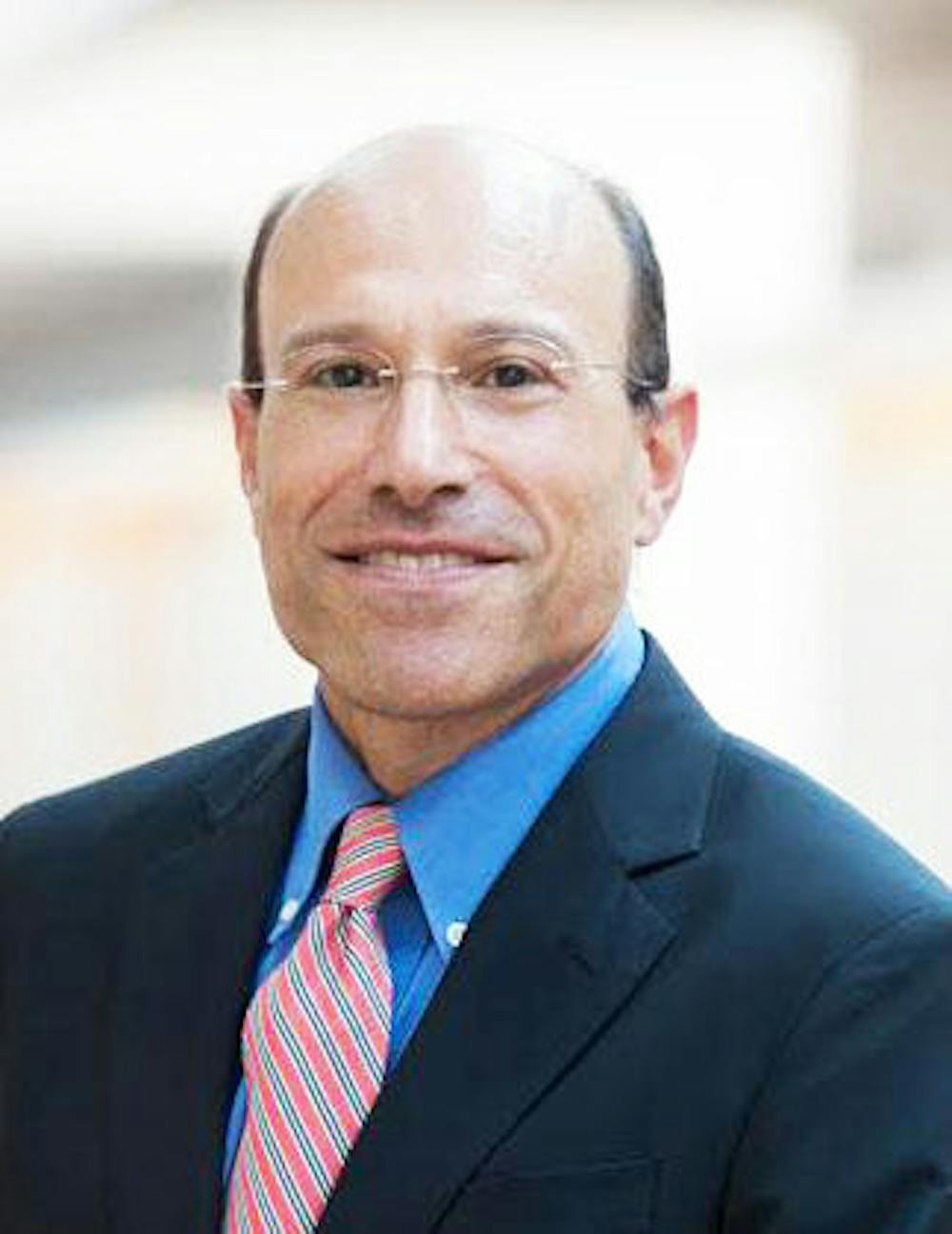Updated Oct. 21, 2015 at 2:26 a.m.
Edward Steinfeld, director of the Brown China Initiative and professor of political science and China studies, has been named director of the Watson Institute for International and Public Affairs, President Christina Paxson P’19 wrote in a community-wide email Tuesday.
Starting Jan. 1, 2016, Steinfeld will take over as director, and Provost Richard Locke P’17 will cede the position, which he has held since 2013. Locke was appointed provost in June after Vicki Colvin’s resignation and is currently currently acting as both provost and director of the Watson Institute.
“As director of the Watson Institute, Professor Steinfeld will be responsible for shaping and directing the Institute’s ongoing research initiatives and educational programs and providing intellectual leadership for its multidisciplinary community of affiliated scholars and students,” Paxson wrote.
Steinfeld is “honored” to take on the role of director and work closely with the Brown community, according to a University press release. “Brown today is an extraordinary place to be conducting engaged, multidisciplinary, policy-relevant research — exactly the type of scholarship needed to address urgent global concerns,” Steinfeld said in the press release.
Locke expressed confidence in Steinfeld’s ability to lead the Watson Institute through future endeavors. “I am thrilled he is director. He is an incredibly gifted scholar and teacher,” Locke told The Herald, adding,“He has a strong vision for Watson and the future ... and students say great things about his teaching.”
Steinfeld came to Brown in 2013 after serving on the faculty of the Massachusetts Institute of Technology for 17 years. While a professor of political science at MIT, he served in multiple administrative roles including director of the MIT-China program and co-director of the China Energy Group.
In 2014, Steinfeld launched the China Initiative with intentions to “convene a series of public service forums on China and China’s development,” Steinfeld said in a conversation on the Watson Institute’s website.
Locke discussed the most important challenges Steinfeld will have to face in the coming year. “The number one challenge is to consolidate the growth Watson has experienced in the last couple years,” he said. “Continuing strong ties to other parts of the Brown community, such as public health and engineering, is one of the most important issues.”
Steinfeld’s role as director will also extend beyond overseeing initiatives and continuing policy-relevant research. Paxson wrote in her email that Steinfeld will act as Watson’s principal liaison to the academic community and faculty of the University. He will also oversee its day-to-day operations, including its budget and finances, fundraising and external relations.
Steinfeld will report jointly to Locke and Dean of the Faculty Kevin McLaughlin P’12.
One of Steinfeld’s main focuses as director will continue to be the China Initiative he currently leads. “I think there are a number of policy challenges and social challenges that are global in nature that China certainly faces and the U.S. faces,” he wrote on Watson’s website. “By studying issues comparatively, I think we can really learn a lot in the process.”
Paxson explained in her email that the selection process for a new director was international in scope.
“The search started in the summer,” Locke said, adding, “We advertised nationally and Paxson sent out a letter to the faculty, asking for suggestions of candidates and accepting internal applications.” The University received 40 to 50 applicants, and upon a rigorous interview process, narrowed the search down to four finalists, he said.
Steinfeld was ultimately selected for his scholarly expertise and wide influence in the world of political studies.
“Professor Steinfeld’s depth of experience and expertise — as well as the recognition he has earned as a scholar — will contribute directly to the Institute’s efforts to enhance its profile and impact locally, nationally and internationally,” Paxson wrote.
“The committee decided a week or so ago, and Steinfeld officially signed the letter on Friday,” Locke said.
The Watson Institute, which integrated with the Taubman Center for American Politics and Policy last year, is home to a number of internationally focused centers and initiatives, including the China Initiative. It also houses undergraduate concentrations in international relations, development studies and public policy, as well as a one-year Master of Public Affairs program and a postdoctoral fellows program, Paxson wrote.
Steinfeld could not be reached for comment by press time because he is traveling internationally.





